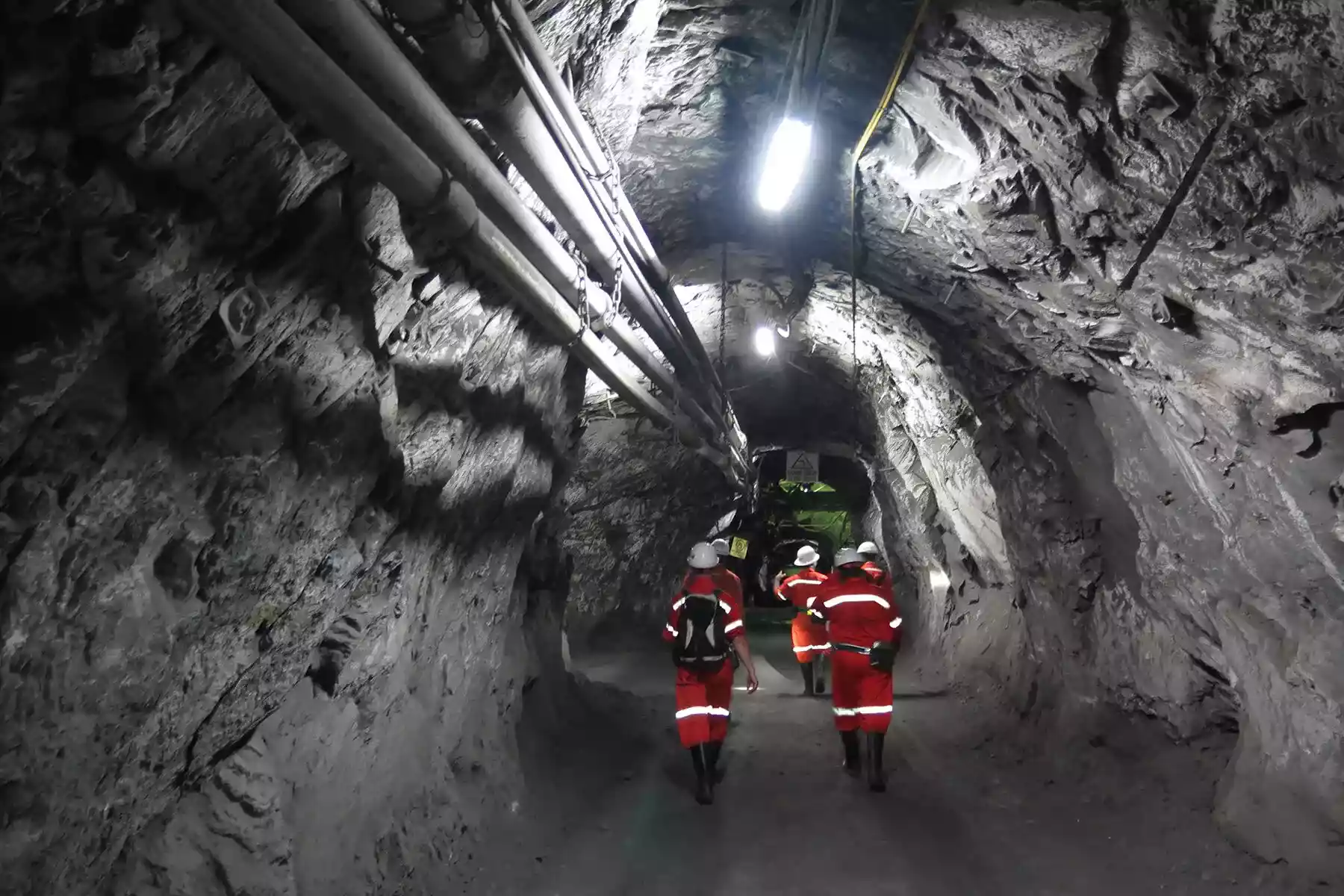
While there is no longer silence around the new Mines Bill, what has emerged so far is often little more than muffled signals—notes only dogs can hear.
It would, however, be unfair not to acknowledge that within the trickle of debate that has finally come, there are strong narratives questioning whether the Bill is truly fit for purpose ahead of its public hearings.
As expected, preliminary analyses from various quarters have been damning. Many analysts view the document as yet another post mortem of a cadaver destined for the morgue, rather than an exercise designed to breathe life into a law that should guide Zimbabwe’s mineral wealth into the future.
Several glaring observations stand out, and perhaps a few are worth pointing out.
The national discourse is that artisanal miners have come to the party as providers of more than half of the country’s gold deliveries. They are now key players in the sector, and logic dictates that they deserve a stake at the table—both in terms of being regulated properly and in having their interests protected.
Instead, the Bill is radio silent on this vital demographic. Nothing is said of them, and as expected, small scale miners are not pleased at all. A quiet storm is already brewing among artisanal miners who are ignored completely, and small scale miners who are mentioned only in passing. That storm is bound to erupt angrily when the Bill goes before the public.
There was always the lingering question of whether this Bill had changed in substance from the 2022 version that was sent to the legislative gallows. True, it has changed remarkably—but unfortunately for the worse.
In the last draft, sector players expressed their displeasure at how much power was being placed in the hands of the minister of the day. The current version has simply taken that problem, injected it with steroids, and placed it in overdrive whenever a solid policy pronouncement seems difficult to reach.
- Mavhunga puts DeMbare into Chibuku quarterfinals
- Bulls to charge into Zimbabwe gold stocks
- Ndiraya concerned as goals dry up
- Letters: How solar power is transforming African farms
Keep Reading
Expanded discretionary powers have now been given to the ministry, to the minister in particular, and to the Mining Affairs Board. On a good day, this may mean flexibility when it is needed. But in the hands of a despot, this creates less consistency, less certainty, and fewer clear boundaries. It becomes the perfect breeding ground for corruption to thrive and for abuse to take root.
Of course, this does not suggest the current crop of ministry leaders is in any way dubious. But mankind must make laws that protect them not in the best of regimes, but in the worst of times. Democratic rules cannot be designed on the basis of “what would Jesus do” but rather by imagining “what Judas would do” if handed such sweeping powers. The danger is obvious: a scoundrel in charge could wreak havoc. This is why such discretion must be clamped down, with greater clarity defined in the Bill itself and in the eventual Act, rather than leaving so much to the whim of individuals.
Still on the subject of officials, Section 270 is particularly incredulous. It lifts the existing prohibition on ministry officials holding mineral rights, provided their interest is disclosed. How then can anyone compete fairly with a ministry official for a mining licence or claim? Merely declaring an interest does not remove conflict of interest. In fact, it can be intimidatory. Imagine an ordinary prospector competing with a high-ranking official for the same lease. Out of fear of repercussions, one might simply withdraw, preferring to safeguard whatever little they have “if they know what’s good for them.”
The proposed Bill could also be the Grim Reaper of foreign direct investment, which has already been shrinking. Zimbabwe insists it is open for business and that its doors remain unlocked to investors. Yet, as the Swiss Ambassador remarked on the Swiss National Day, the issue is not simply whether the door is open but whether the doorbell actually works.
Singing love songs about investment means little if potential partners are turned away at the threshold. Attracting new players requires awareness of the different levels of investment available globally, all of which can help build the economy in different ways. But under the Bill, foreign ownership is limited only to large scale ventures requiring a minimum investment of US$100 million under Special Mining Leases.
This automatically shuts out medium tier investors. Even large scale investors, mindful of Zimbabwe’s inconsistencies—something government itself admits it is working to correct—may wish to start small or medium sized before committing huge sums. Forcing them to invest an arm and a leg from the outset hardly inspires confidence.
Zimbabwe may be richly adorned with minerals, but it is also competing for capital with surrounding jurisdictions that are actively sweetening their mining laws to attract investors. By setting the bar so high, Zimbabwe risks turning away the very US$90 million in investment that its neighbours will gladly accept. Yes, Zimbabwe is beautiful, but it is not the only pretty lass in the neighbourhood.
These issues — exclusion of artisanal miners, unchecked ministerial powers, conflict of interest provisions, and harsh restrictions on foreign investment—are certain to become sticking points as debate over the Mines Bill intensifies. As the country trudges toward passing the Bill into law, these will be the matters that dominate public hearings.
Unless they are addressed, the Mines Bill risks becoming less of a visionary framework for growth and more of a tempest, tearing apart confidence in the sector rather than building it.











